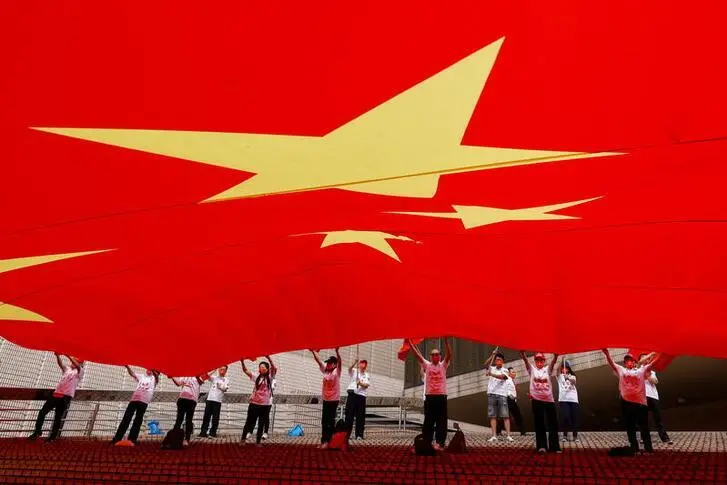PHOTO
Antimony prices are likely to hit record levels as consumers seek alternative supplies following China's latest export ban with growing trade tensions changing the dynamics around markets for critical materials.
Last month, China banned exports to the United States of critical minerals gallium, germanium and antimony.
Prices of antimony , used in semiconductors and military applications, hit all-time highs, currently trading between $39,500-40,000 per metric ton in Rotterdam as of Dec. 31. Prices rose by around 250% in 2024.
Traders expect prices to climb above $40,000 a ton following China's ban amid an ongoing global supply shortage.
"We have already sold some small quantities for $40,000," a minor metals trader in Europe said. "Non-Chinese sellers...will charge more to maximize profits."
China produced nearly 50% of global antimony supplies estimated at 83,000 tons last year, according to data from U.S. Geological Survey (USGS).
Traders said China's bans are in line with a strategy to consolidate mineral production internally.
"The U.S. has already diversified its supply chains away from China where possible, buying more from southeast Asia," said Ellie Saklatvala, head of non-ferrous metals pricing at Argus. "However, it is unclear in the near-term how they will be able to fill the gap now left by China."
China also banned exports of gallium , germanium to the United States, but this will have limited impact as the U.S. has stopped buying these critical minerals from China.
"Still markets are made of people and not only of fundamentals, therefore some bullish pressure is expected as traders exploit the ban to move prices up," said Theo D. Ruas, Global Sales Manager, Metals & Compounds at Indium Corporation.
"China's ban on raw materials shows how important additional supply outside China is. Being self-sufficient must be a short term goal for the U.S. government."
China's dominance in critical minerals has fuelled concern about which other metals could be marked for the next round of export curbs. One trader said China could target Bismuth and Manganese.
(Reporting by Anjana Anil, Ashitha Shivaprasad, Sherin Varghese, and Anushree Mukherjee in Bengaluru; Amy Lv in Beijing; editing by Pratima Desai and Ed Osmond)





















